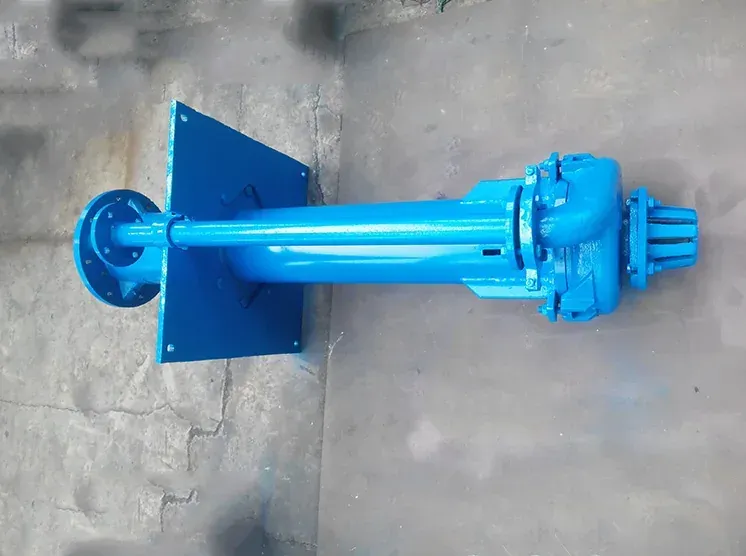Spanish
- Afrikaans
- Albanian
- Amharic
- Arabic
- Armenian
- Azerbaijani
- Basque
- Belarusian
- Bengali
- Bosnian
- Bulgarian
- Catalan
- Cebuano
- Corsican
- Croatian
- Czech
- Danish
- Dutch
- English
- Esperanto
- Estonian
- Finnish
- French
- Frisian
- Galician
- Georgian
- German
- Greek
- Gujarati
- Haitian Creole
- hausa
- hawaiian
- Hebrew
- Hindi
- Miao
- Hungarian
- Icelandic
- igbo
- Indonesian
- irish
- Italian
- Japanese
- Javanese
- Kannada
- kazakh
- Khmer
- Rwandese
- Korean
- Kurdish
- Kyrgyz
- Lao
- Latin
- Latvian
- Lithuanian
- Luxembourgish
- Macedonian
- Malgashi
- Malay
- Malayalam
- Maltese
- Maori
- Marathi
- Mongolian
- Myanmar
- Nepali
- Norwegian
- Norwegian
- Occitan
- Pashto
- Persian
- Polish
- Portuguese
- Punjabi
- Romanian
- Russian
- Samoan
- Scottish Gaelic
- Serbian
- Sesotho
- Shona
- Sindhi
- Sinhala
- Slovak
- Slovenian
- Somali
- Spanish
- Sundanese
- Swahili
- Swedish
- Tagalog
- Tajik
- Tamil
- Tatar
- Telugu
- Thai
- Turkish
- Turkmen
- Ukrainian
- Urdu
- Uighur
- Uzbek
- Vietnamese
- Welsh
- Bantu
- Yiddish
- Yoruba
- Zulu
Telephone: +86 13120555503
Email: frank@cypump.com
Dic . 10, 2024 02:58 Back to list
Understanding the Importance of Drain Field Pumps in Wastewater Management Systems
Understanding Drain Field Pumps Essential Components for Efficient Septic Systems
In rural and suburban areas where municipal sewer systems may be inaccessible, septic systems play a vital role in wastewater management. One crucial component of these systems is the drain field pump, which ensures proper functioning and contributes to the longevity of the entire septic setup. This article delves into the importance, functionality, and maintenance of drain field pumps, providing insights for homeowners considering or currently using a septic system.
What is a Drain Field Pump?
A drain field pump, often referred to as a septic pump, is an essential component of a septic system designed to move wastewater from the septic tank to the drain field or leach field. This pump is primarily used when the septic tank is located at a lower elevation than the drain field, or when gravity flow is insufficient to transfer the effluent effectively. By pumping the wastewater, the system ensures even distribution across the drain field, aiding in efficient soil absorption and treatment of effluent.
Functionality of Drain Field Pumps
The drain field pump operates automatically based on the water level in the septic tank
. When the wastewater rises to a specific level, a float switch activates the pump, which then transfers the effluent to the drain field. This process helps prevent overflow and backups in the septic system, encouraging safe and effective disposal of wastewater.One of the primary functions of the pump is to ensure that the effluent is evenly distributed across the drain field. This uniform spread prevents localized saturation, which could lead to system failures or environmental contamination. Moreover, appropriate pumping prevents the accumulation of solids in the drain field, extending the life of the system.
Importance of Drain Field Pumps
The significance of a functioning drain field pump cannot be overstated. Without it, a septic system may fail to operate efficiently, leading to a range of problems, such as
1. Backups and Overflows A malfunctioning pump can cause sewage to back up into the home, leading to unsanitary conditions and potential health hazards.
2. Environmental Hazards If the system cannot effectively treat wastewater, pollutants can leach into the surrounding soil and waterways, potentially harming local ecosystems and drinking water sources.
drain field pump

3. System Failure Inefficient or ineffective pumping can lead to the premature failure of the septic system, necessitating costly repairs or complete replacement.
4. Property Value Impact Issues with a septic system can negatively affect property values, as potential buyers may be wary of investing in a home with an unreliable wastewater management system.
Maintenance of Drain Field Pumps
To ensure the longevity and proper functioning of a drain field pump, regular maintenance is essential. Here are some tips for homeowners
1. Regular Inspections It's advisable to have the septic system, including the pump, inspected at least once a year by a qualified professional. They can identify potential problems before they escalate.
2. Cleaning and Pumping The septic tank should be pumped out every 3 to 5 years, depending on usage. This prevents solids from entering the drain field and prolongs the life of the pump.
3. Watch What Goes Down the Drain Educate household members about what can and cannot be disposed of in the septic system. Avoid flushing non-biodegradable items, grease, or harsh chemicals, as they can damage the pump and disrupt the system.
4. Monitor Performance Homeowners should be aware of any changes in the system, such as unusual odors, slow drains, or gurgling sounds. These signs may indicate that the pump is failing and requires attention.
Conclusion
In summary, the drain field pump is an integral part of maintaining a safe and effective septic system. Proper understanding, regular maintenance, and timely intervention can prevent common septic system problems, safeguarding both the property and the environment. By taking proactive steps, homeowners can ensure their drain field pumps function effectively, providing peace of mind and a sustainable solution for wastewater management.
-
Heavy-Duty Mining Sludge Pumps - Wear-Resistant Slurry Handling
NewsAug.02,2025
-
Horizontal Split Case Pump with GPT-4 Turbo | High Efficiency
NewsAug.01,2025
-
ISG Series Pipeline Pump - Chi Yuan Pumps | High Efficiency, Durable Design
NewsAug.01,2025
-
Advanced Flue Gas Desulfurization Pump with GPT-4 Turbo | Durable & Efficient
NewsJul.31,2025
-
ISG Series Vertical Pipeline Pump - Chi Yuan Pumps | Advanced Hydraulic Design&Durable Construction
NewsJul.31,2025
-
ISG Series Vertical Pipeline Pump - Chi Yuan Pumps | Energy Efficient & Low Noise
NewsJul.31,2025










